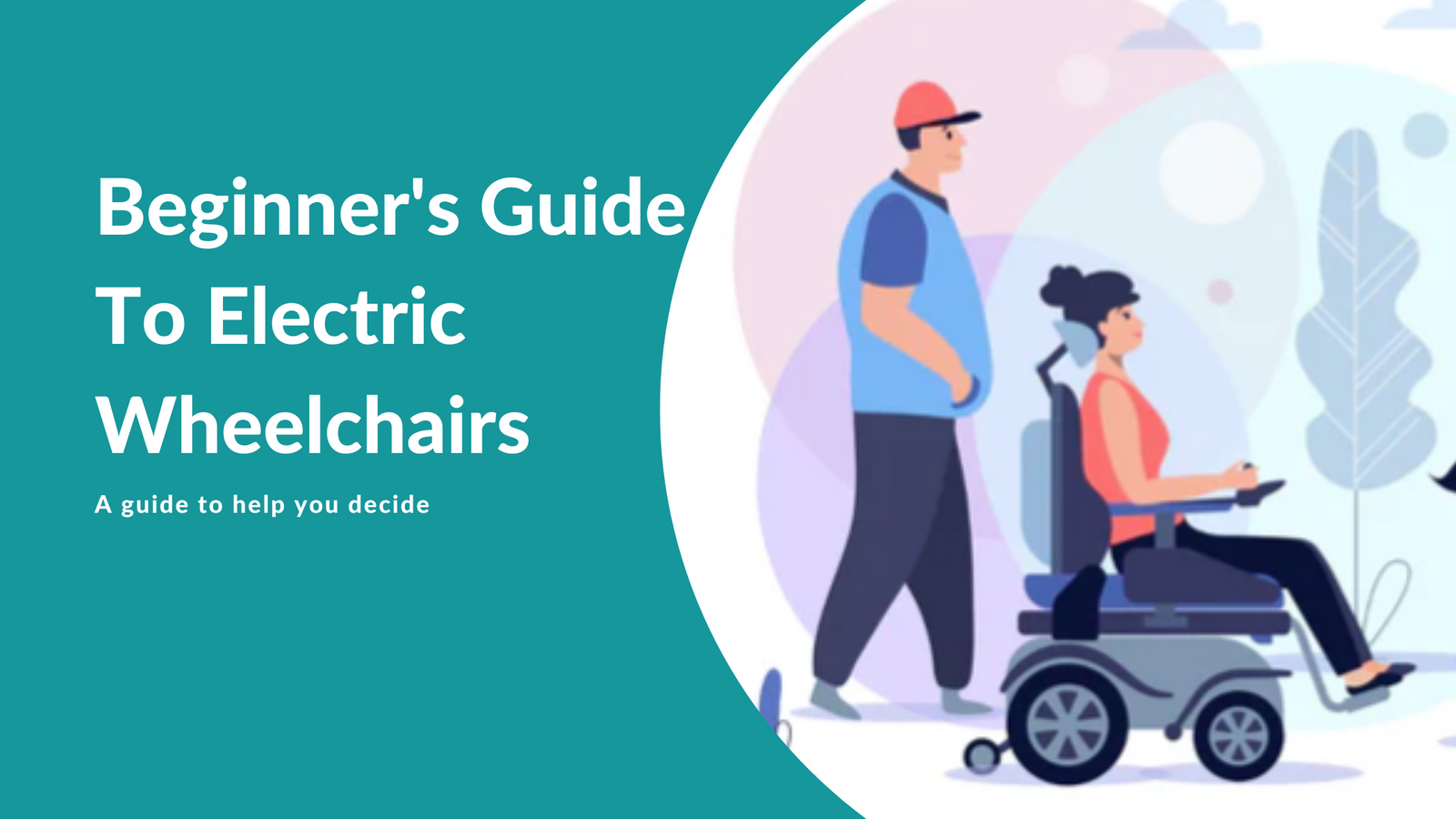Electric wheelchairs are a great option for anyone with mobility limitations and who requires assistance getting around. Whether you’re upgrading your manual wheelchair or buying on behalf of somebody else, there’s a lot you may want to know before buying an electric wheelchair.
Read on to find out everything you need to know about electric wheelchairs from the different types, benefits and who they are great for.

